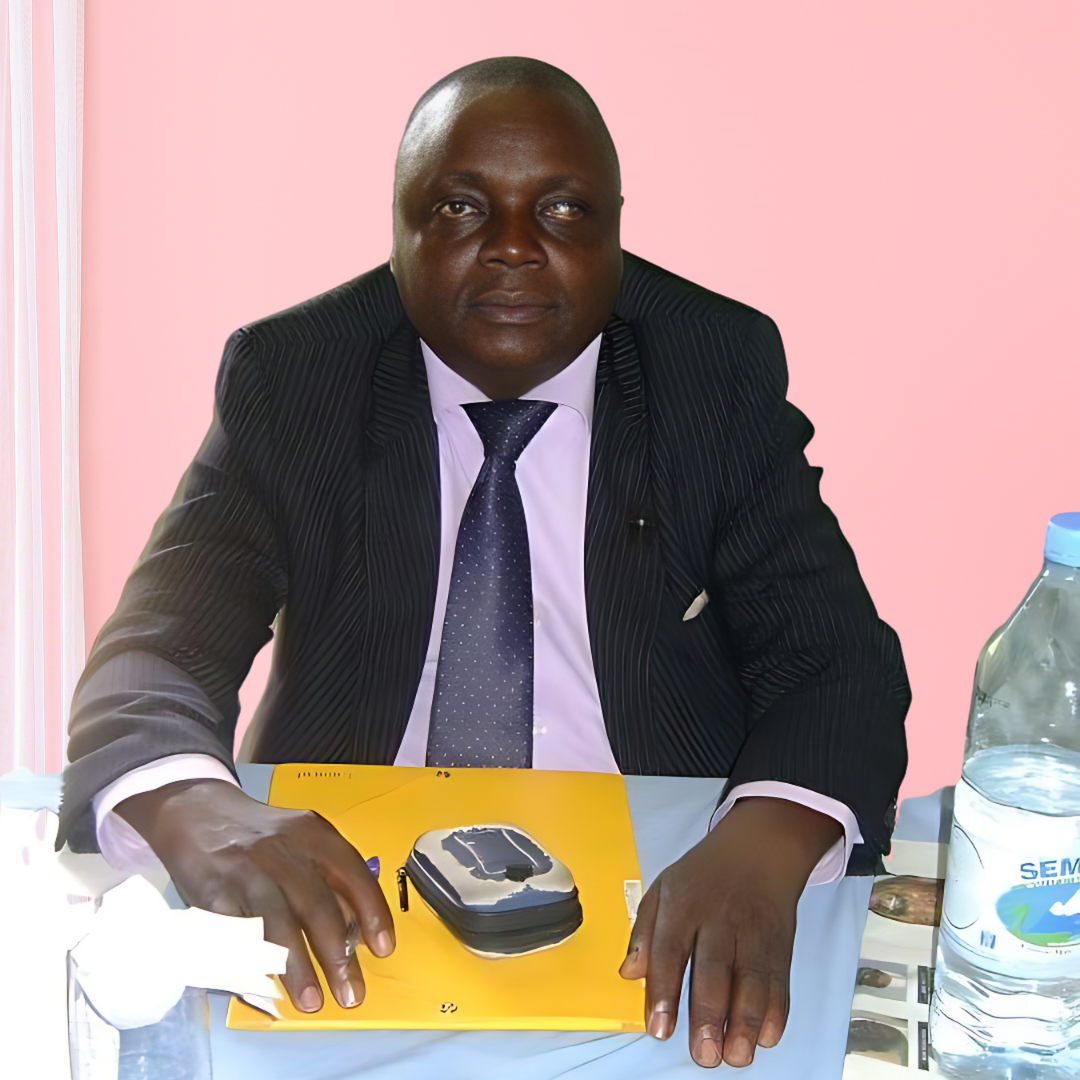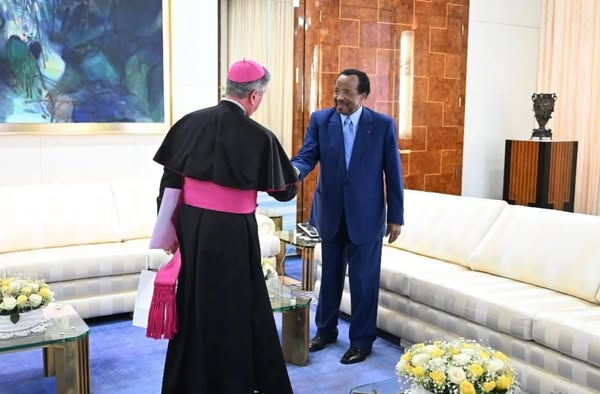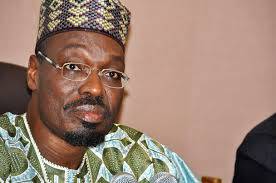“The Philosophy of a Decaying System of Governance: Paul Biya’s Regime in Cameroon”
I. Introduction: A Republic in Ruins
The regime of Paul Biya, now over four decades in power, has become a case study in the philosophy of political decay. In Cameroon, governance is no longer a structure of public service or moral leadership—it has deteriorated into a complex machinery of survival, corruption, suppression, and elite entrenchment. This framework explores the philosophical, ethical, and political dimensions of Biya’s decaying system of governance through classical, modern, and African philosophical lenses.
II. Conceptual Foundation: What Is Political Decay?
Political decay is the gradual disintegration of political institutions, where they cease to function in the public interest and instead serve a narrow oligarchy. According to political theorist Samuel P. Huntington, political decay occurs when:
Institutions fail to evolve with societal needs.
The gap between institutional design and actual practice widens.
Leaders prioritise power retention over reform.
Under Paul Biya, all these markers are evident: the collapse of public trust, erosion of the rule of law, weaponisation of ethnic divisions, and centralisation of power in a senile, immobile presidency.
III. Paul Biya’s Regime as a Decaying Leviathan
Thomas Hobbes, in Leviathan, argued for a strong central power to avoid anarchy. But Biya’s version of a Leviathan is a rotting beast—one that consumes the state’s organs for personal gain:
Presidential absenteeism: Biya rules mostly from abroad, detached from reality.
Institutional paralysis: Ministries function without policy vision.
Clientelism over meritocracy: Positions are granted to loyalists, not the competent.
In short, Cameroon is governed by a ghost presidency that manipulates appearances but has no active leadership.
IV. Philosophical Corruption of the State Ethic
Plato warned in The Republic that when rulers lose their sense of justice, the state collapses into tyranny masquerading as order. Paul Biya’s governance defies ethical reasoning:
Justice is no longer retributive or restorative, but punitive and selective.
The civil service has become a tool of enrichment, not administration.
Corruption is institutionalised, not incidental.
This regime reflects what Frantz Fanon called “the pitfalls of national consciousness”—where post-colonial leaders mimic colonial oppressors rather than liberate their people.
V. The Decay of Time and Leadership
Paul Biya has ruled Cameroon since 1982. He is the embodiment of what philosopher José Ortega y Gasset termed “The Barbarism of Specialisation”: he is an expert in staying in power, but nothing else. The decay of governance is rooted in:
Presidency without succession planning.
A ruling elite afraid of change, fearing accountability.
A regime preserved by manipulated elections, military enforcement, and external diplomatic hypocrisy.
This unchanging status quo creates what existentialist philosophers describe as political absurdity—where the governed continue to suffer under rulers who no longer even pretend to serve.
VI. Governance Without Vision: The Absence of a National Philosophy
A decaying system lacks a national philosophy. Cameroon under Biya has no coherent:
Educational vision
Economic strategy
Health policy
Technological innovation plan
Julius Nyerere of Tanzania insisted that every African state must be governed by a moral and national philosophy rooted in its history and people’s needs. In Cameroon:
Public education is starved of funds.
The youth flee the country in despair.
Health systems are so dilapidated that leaders seek treatment abroad.
This is governance without philosophy—a technocracy of stagnation.
VII. Moral Collapse: The Ethical Dehydration of the Elite
Ethically, Cameroon’s governance is marked by utilitarian selfishness, not communitarian ethics. The elite are consumed with:
Personal gain over national development.
Building family dynasties over institutional legacy.
Using state violence to preserve power.
This mimics what Nigerian philosopher Chinua Achebe referred to as “the failure of leadership”—not just a political breakdown but a moral and spiritual bankruptcy.
VIII. The Southern Cameroons Crisis: A Symptom of National Decay
The war in Southern Cameroons (Ambazonia) is not isolated—it is a direct consequence of decaying governance. A just and visionary regime would have:
Resolved grievances through dialogue.
Addressed historical injustices.
Protected civilians and rights.
Instead, Biya’s regime turned the military loose on its own people. Thousands killed, villages burned, and basic rights suspended—all protected by a judicial system that no longer adheres to the constitution but bends to presidential will.
IX. International Complicity and Diplomatic Decay
The philosophical decay is not only internal but globally tolerated. Biya’s regime survives because of:
France’s neocolonial support.
Western diplomatic hypocrisy.
African Union’s silence.
This reflects Kwame Nkrumah’s theory of neocolonialism, where African states are “independent” in name but controlled through economic and diplomatic levers.
In this decaying system, foreign legitimacy trumps domestic accountability.
X. Towards a New Political Philosophy
To reverse decay, Cameroon needs a new philosophy of governance based on:
1. Truth and accountability – ending impunity and restoring justice.
2. Leadership rotation – term limits and age limits for public office.
3. Civic reawakening – public education on rights and ethics.
4. Decentralisation – empowering local governance.
5. Moral leadership – inspired by Ubuntu, a philosophy of shared humanity.
This is not simply a political project—it is a moral resurrection, a philosophical return to what it means to govern with integrity, vision, and justice.
Conclusion: The Last Phase of Decay Is Collapse
Philosophically, any system that abandons its moral compass is bound to decay. And any decayed system that resists reform is bound to collapse. Biya’s regime, like all authoritarian regimes built on deception, corruption, and coercion, is in its final stage—a rotting shell of power.
As Marcus Aurelius observed, “The object of life is not to be on the side of the majority, but to escape finding oneself in the ranks of the insane.”
The people of Cameroon must prepare for post-Biya governance—not merely to change leaders but to change leadership philosophy.
By Funtong Daniel, MSN, AGACNP
“The Philosophy of a Decaying System of Governance: Paul Biya’s Regime in Cameroon”





